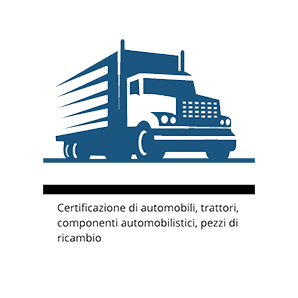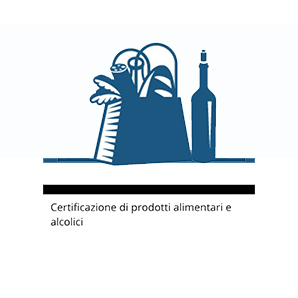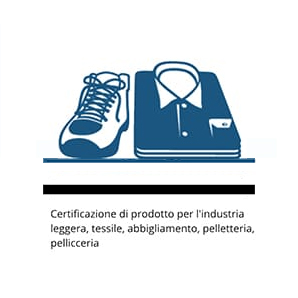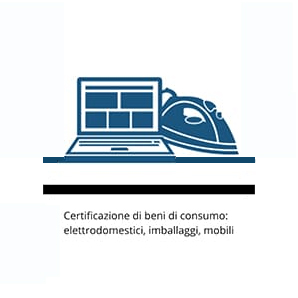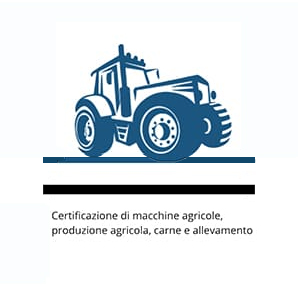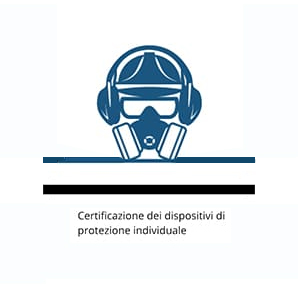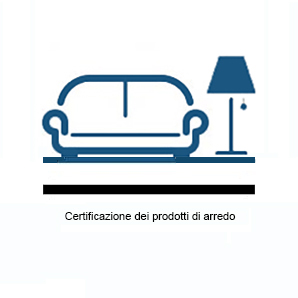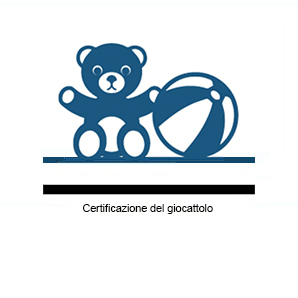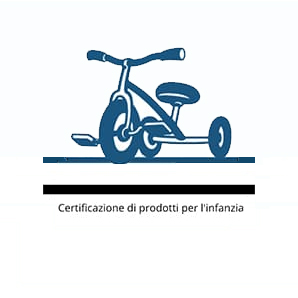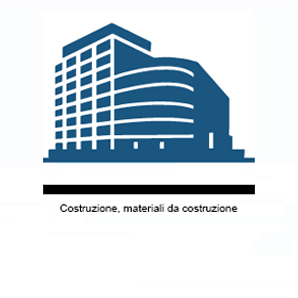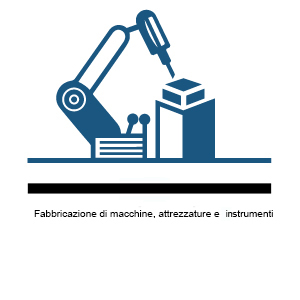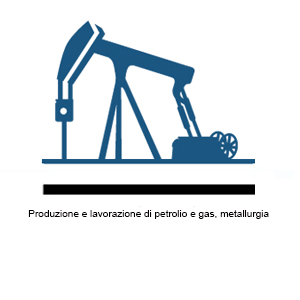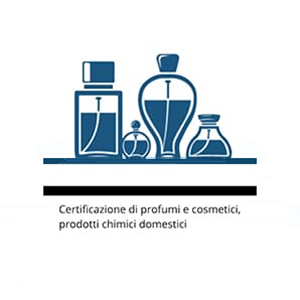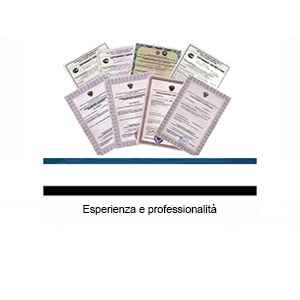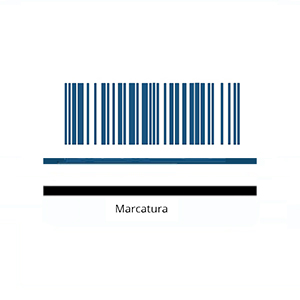ISO

ISO 9001 (Quality Management System, QMS) is a set of international standards that describe the requirements for the quality management system of organizations and enterprises.
In other words, it is a management technology in which we divide the business into processes and effectively manage each of them. The quality management system, along with other systems, exists in any operating enterprise, the only question is whether the enterprise's QMS conforms to the international level, market requirements and internal requirements of ISO 9001, the standard of most common quality management in the world.
ISO 9001 International Quality Management System (QMS)
it is reviewed every five years to maintain relevance. Currently, an updated standard GOST R ISO 9001-2015 is in force in Russia.
It should be noted that the new standard also acts as a business management system, and not only qualitative, like the previous one. It can be used by a company to optimize their work, increase the value of the business, minimize risk and organize workflow.
ISO 9001 certified
it is not a permit, but a confirmation. It confirms that the organization has a work quality management system, which, regardless of external or internal changes, has a positive impact on the operation of the enterprise as a whole.
One of the main advantages of issuing an ISO QMS certificate in a certification body included in the Unified Register is the possibility of its further use to confirm the compliance of the products with the requirements of the Technical Regulations of the Customs Union *.
* Pursuant to paragraph 18 of the REGULATION on the procedure for applying standard schemes for the assessment (confirmation) of compliance with the requirements of the technical rules of the Customs Union, approved by Decision of the Customs Union Commission of 7 April 2011 621, the confirmation of conformity in the form of certification is carried out by an accredited product certification body, an accredited body for the certification of quality management systems entered in the Unified Register of certification bodies and testing laboratories (Centers) of the Customs Union.
Development and implementation of a quality management system (QMS)
The implementation of the quality system is a complex of works that affect various aspects of the activity. This is a very time-consuming and responsible process that leads to an increase in the quality of products and services, increasing the competitiveness of the organization in the market.
The implementation of the QMS takes place in six phases:
Phase 1 - analysis of the initial state of the management system and development of a work plan;
Phase 2 - training of managers and specialists on the principles of quality management;
Phase 3 - development and implementation of a management system according to ISO 9001;
Phase 4 - Conducting internal audits of the quality management system;
Phase 5 - Implementation of corrective and preventive actions;
Phase 6 - consultancy support of the management system certification process.
The specialists of the holding company of the Certification Group are ready to promptly develop and implement the QMS. In addition to ISO 9001 (ISO 9001), the following standards can be implemented:
OHSAS 18001 (GOST R 12.0.230-2007) - Health and safety management system.
The presence of the OHSAS 18001 certificate indicates that the company controls the risk factors for health and safety at work and at work, takes care of reducing the probability of accidents, complies with the law and improves the overall efficiency of the work.
ISO 14001 (GOST R ISO 14001-2007) - International standard for the implementation of an effective environmental management system.
It establishes the requirements for the environmental management system, confirms the effective management of environmental aspects and the organization's commitment to comply with the requirements of environmental legislation.
ISO 22000 - food safety management.
The ISO 22000: 2005 standard is an international standard that defines the requirements for a food safety management system and covers all businesses in the food and related industries. This area also includes the production and processing of packaging, cleaning products and equipment for the food industry.
ISO 22000 promotes attention to the risks that affect the safety and hygiene of food, provides a systematic identification of these risks and allows their reduction throughout the production process. In some countries, it is mandatory for food manufacturers to implement and apply HACCP principles in their facilities.
The technical regulation of the customs union TP TS 021/2011 'On the safety of food products' (approved by the decision of the Commission
- GOST R declaration of conformity
- EMAS registration: the Community eco-management and audit scheme
- Certification of the management system for self-control based on the HACCP method
- IATF 16949 Management System Certification
- Quality management
- ISO certification
- ISO 9001-2015 certified. Quality management system in the company
- HACCP certification (HACCP). Food Safety Management System (ISO 22000)



